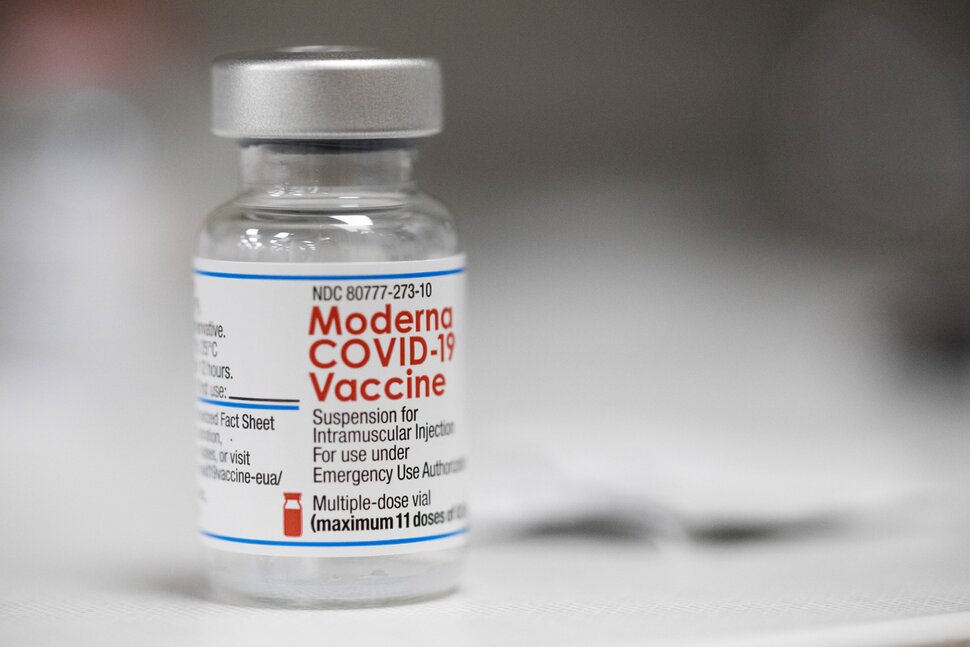On Wednesday, Moderna announced its new COVID-19 booster shot, which fights the original coronavirus strain as well as the omicron variant, will be more successful at generating omicron-fighting antibodies than its original shot. This data suggests that the new drug candidate will not be ready for submission to regulators until the fall of 2022.
“We are submitting our preliminary data and analysis to regulators with the hope that the Omicron-containing bivalent booster will be available in the late summer,” Moderna CEO Stéphane Bancel said in a statement.
The company found that the booster shot had eight times as many antibodies against omicron as a baseline measurement and it was well-tolerated. Side effects were comparable to the original booster shot, it said.
Scientists, pharma, and others have their eyes on shots specifically tailored to handle future occurrences of the virus by tweaking the vaccine from COVID-19.
Due to the length of time required for manufacturing, the decision needs to be made by the end of this month.
A meeting will be held by the Food and Drug Administration’s vaccine advisory committee on June 28 to determine how and if the composition of the COVID-19 vaccines should be changed. Pfizer originally announced its vaccine would be ready in March, but the company later admitted that the process was delayed by several weeks due to slow data collection.
Annual C-O-V-I-D-19 boosts are possible, Moderna says.
Due to a higher antibody response in people receiving the booster, Moderna predicts the Moderna vaccine to have more lasting protection against omicron, compared to the original Moderna vaccine.
In response to Moderna, Dr. Paul Burton said the protection lasts one year, although this time period might fluctuate based on people’s immune systems. Consequently, if the company’s findings prove to be accurate, people might only need COVID-19 boosters every year from now on.
Giving an annual vaccination would give the public and healthcare system new relief from the stresses of the pandemic, including administering millions of doses of vaccine and then giving boosters shots.
Experts contacted by NPR Wednesday were not sure how well Moderna’s vaccine might work against some of the newer Omicron subtypes that are even better at eluding the immune system.
















